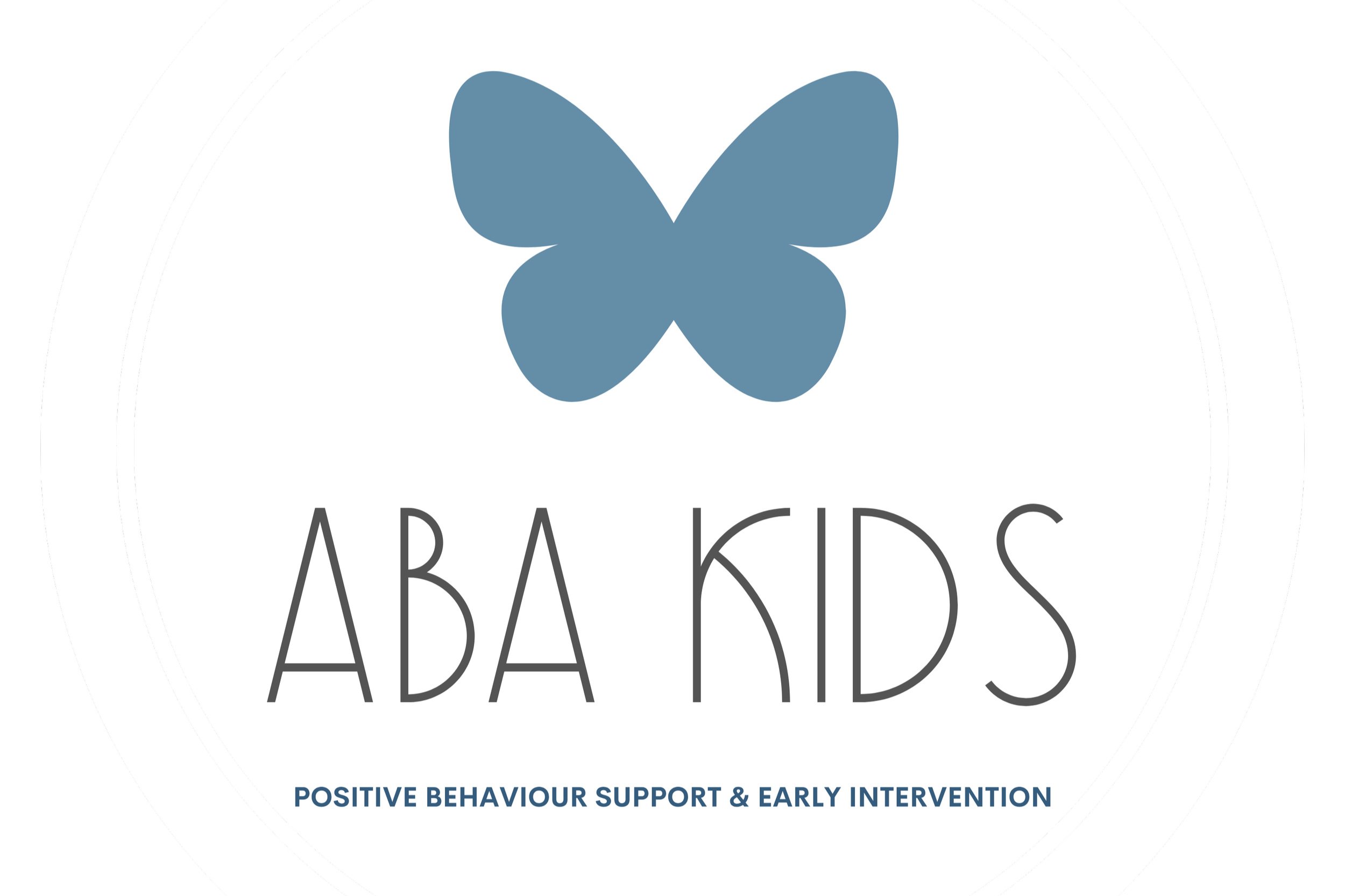“Applied behavior analysis is the science in which tactic derived from the principles of behavior are applied systematically to improve socially significant behavior and experimentation is used to identify the variables that are responsible for behavior change.” (Cooper, Heron, & Heward, p. 20)
What is ABA?
Applied Behaviour Analysis (ABA) is an applied natural science, derived from the basic principles of learning and behaviour. ABA involves the systematic application of the basic principles of behaviour to a range of socially important issues, including education and treatment of individuals with special needs.
Positive reinforcement is systematically applied to teach and/or increase functional skills, making meaningful difference in the lives of those that we serve. Functional skills are taught in replacement of behaviours of concern and experimentation is used to identify observable relationships between the behaviour and the environment, whilst the use of effective assessment procedures determine which skills need to be taught. Data collection and ongoing data analysis serve as the primary means for evaluating and documenting success.
ABA is an evidence-based practice, established on more than 70 years of research worldwide! No other treatment has this amount of scientific support!!
ABA can be applied to teach:
Functional communication Cognitive skills
Play skills Imitation skills
Expressive language skills Receptive language skills
Conversation skills Gross/fine motor skills
Daily living skills Social skills
School readiness skills Personal independence skills
Academic skills Joint attention
And many more…..
Skills are broken down into small teachable components, which are then taught in a planned sequence, building repertoires of meaningful behaviour. Reinforcement is used to motivate and to teach new skills and skills are taught to mastery. Generalisation of skills is planned for at the outset, ensuring that all new skills are then used effectively, proficiently, flexibly and consistently across all people, materials and settings.
Here, at ABA Kids we aim to ensure quality and consistent practice for all of our clients, always striving for the greatest measurable outcomes for all that we serve.
why ABA?
A significant body of research (7 decades!) supports the success of ABA in treating children with developmental disabilities and in particular, Autism. As it stands, ABA is the preferred method of treatment for Autism in Australia and worldwide.
We know it works!!
why use a Behaviour Analyst?
Board Certified Behaviour Analyst's (BCBA's) hold internationally recognised qualifications in the field of Applied Behaviour Analysis (ABA). Credential holders must adhere to the Behavior Analyst Certification Board’s (BACB) Disciplinary and Ethical Standards. The BACB is a board of industry leading experts, whose aim is to standardise guidelines for the practice of ABA.
Intervention programs designed and implemented by a BCBA are of the highest quality standard. All intervention packages begin with a comprehensive developmental assessment to pinpoint strengths and skill deficits. Communication with clients and carers is an ongoing process to ensure that skills targeted are not only functional for the individual but also important to the family.
The process of becoming a BCBA requires one to obtain a Master’s degree in Applied Behaviour Analysis or a related field such as Education or Psychology. Then, one must complete 270 hours of graduate coursework in ABA plus 2000 hours of supervised experience fieldwork hours. Once completed, a standardised test may be taken. In order to maintain certification, BCBA's must then complete 32 hours of continuing education units per cycle and submit peer reviews on an ongoing basis.
Sadly, there still remains no standardised guidelines stipulating persons qualified to deliver and supervise ABA programs in Australia. The BACB, although international, gives consumers a means to differentiate among service providers in their area.
Currently, there are over 10,000 BCBA’s practicing worldwide!!




